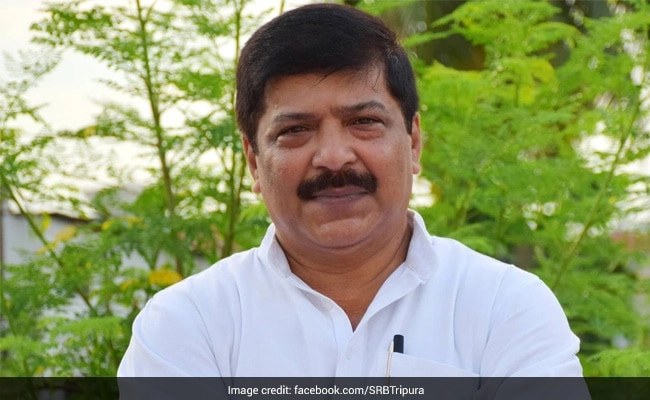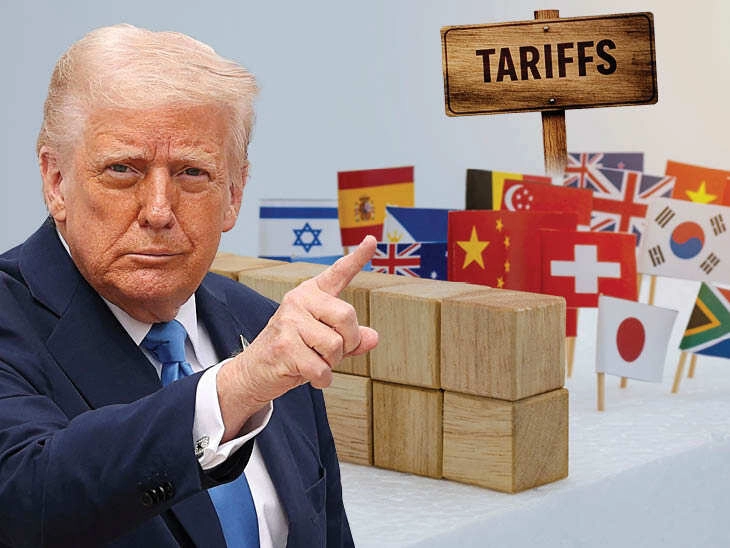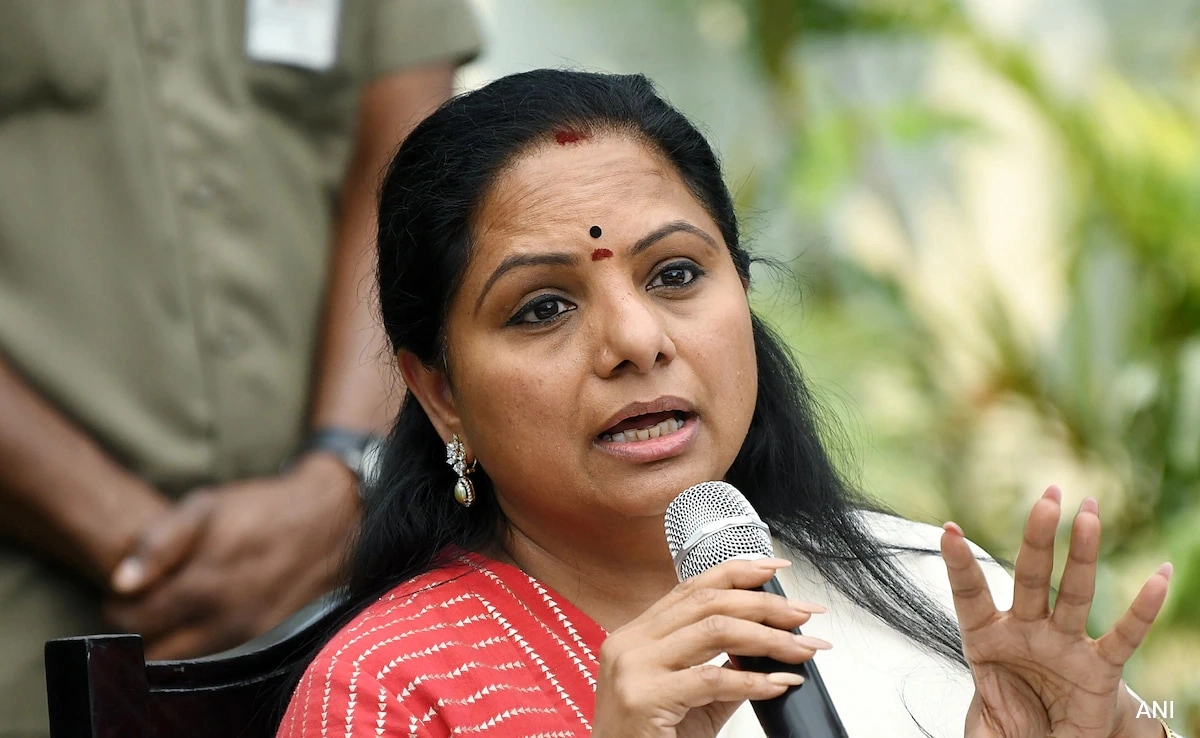The political landscape in Tripura has recently been marked by heightened tensions, particularly involving the Bharatiya Janata Party (BJP) and members of the Congress party. A significant incident unfolded when BJP workers staged protests outside the residence of a Congress MLA, responding to controversial remarks made by the legislator. These remarks, which were perceived as derogatory, ignited outrage among BJP supporters, leading to a demonstration characterized by fervent slogans and demands for accountability.
The MLA in question had allegedly made statements that were interpreted as offensive, prompting the BJP to take a stand. The party’s members expressed their discontent vocally, insisting that such language was inappropriate for a public figure and should not be tolerated. The protests were not merely spontaneous reactions; they were also reflective of the broader political rivalry in the state, where rhetoric often escalates quickly due to the charged atmosphere between the BJP and Congress. This incident underscores how political discourse can easily devolve into personal attacks, and how remarks made in the heat of the moment can have tangible repercussions.
As the protest unfolded, it became evident that this was not just an isolated event but part of a larger narrative of political conflict in Tripura. The BJP’s response signifies its strategy to assert itself in the region, particularly as it seeks to strengthen its position against the Congress, which has been a formidable opponent. This incident serves as a reminder of the intense scrutiny that public officials face regarding their statements and the potential for those statements to provoke significant public reaction. The ongoing tension between these political parties illustrates the complexities of governance and the challenges of maintaining civil discourse in a highly polarized political environment.
In the aftermath of the protests, the Congress MLA defended his remarks, arguing that they were taken out of context and that the BJP was using the incident to distract from its own governance challenges in the state. This back-and-forth highlights the intricate dynamics of political communication, where statements can be interpreted in various ways, often leading to escalated conflicts. The situation in Tripura reflects a broader trend in Indian politics, where provocative language and actions can quickly mobilize supporters and lead to public demonstrations, further complicating the already fraught relationship between rival parties. The unfolding of these events will undoubtedly have lasting implications for the political landscape in Tripura as both parties navigate their strategies in an increasingly contentious environment.




